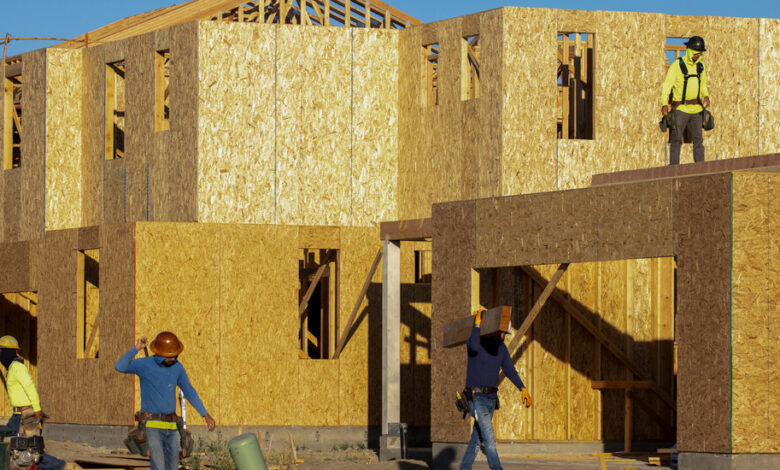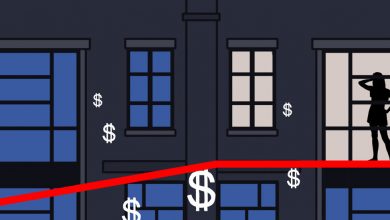California Advances Zoning Measure to Allow Duplexes

[ad_1]
California needs more housing. More condominiums, more townhouses near mass transit, more suburban apartment buildings. There is no other solution to the state’s desperate homeless problem and a deepening housing affordability crisis, according to a broad swath of economists and housing experts.
Yet for years the Legislature has struggled to follow their prescription to increase urban density, often because lawmakers fear the ire of suburban voters whose preferences for single-family home living have been regarded as politically sacrosanct.
On Thursday the state’s Legislature took a big step toward rewriting that bargain, advancing a bill that would allow two-unit buildings on lots that for generations have been reserved exclusively for single-family homes. The move is one of several piecemeal housing measures — big enough to make a difference, not so sweeping that they fail to advance — that have endured the legislative gauntlet after years of high-profile failures.
The bill was promoted by housing advocates as a small but significant step toward easing the state’s housing shortage. By allowing two units per parcel and permitting property owners to subdivide their lots, the law would increase density to as many as four units on a single-family plot. The bill was furiously opposed by homeowners and local government groups who said it “crushes single-family zoning” and would be “the beginning of the end of homeownership in California.”
The duplex measure, called Senate Bill 9, passed the California Senate in May and on Thursday made it through the Assembly.
The bill, which passed the Assembly three days after another, more technical measure that aims to reduce development times for middle-density housing, will now go to the Senate for a concurrence vote. Governor Gavin Newsom, a Democrat who faces a recall election on Sept. 14, has not made any public statements on the bill, and his office had no comment on whether he would sign it. Even if he’s recalled by voters, Mr. Newsom could still sign the bill before he leaves office.
“This is a strong statement that says we cannot live in a world in which we lock off the vast majority of residential land,” said Ben Metcalf, managing director of the Terner Center for Housing Innovation. “Our communities need to be able to change and grow because we are going to grow as a country, and it can’t all be in the urban core and periphery — we need to open up all communities.”
This is a developing story. Check back for updates.
[ad_2]
Source link






